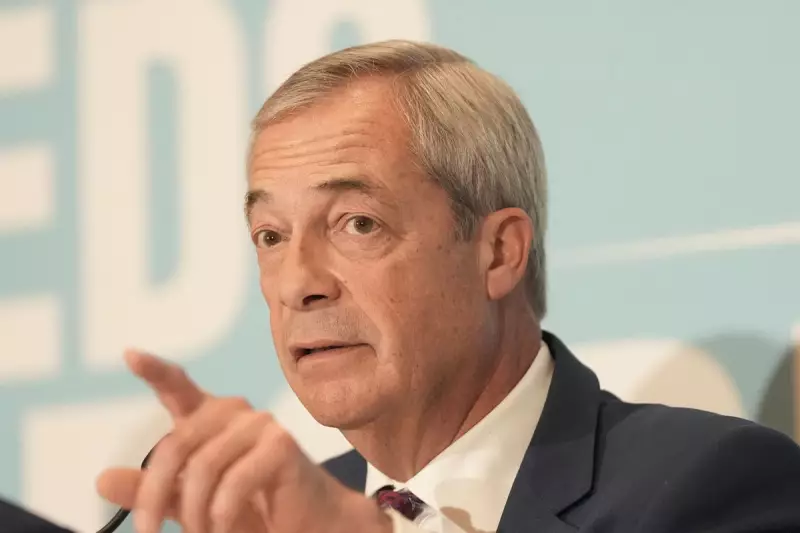
Reform UK leader Nigel Farage has publicly addressed allegations concerning his behaviour during his school years, while defending his historical admiration for Conservative MP Enoch Powell's controversial views on immigration.
School Allegations and a Conditional Apology
The political figure faced a press conference in Westminster on Wednesday, responding to a Guardian report where more than a dozen of his former school contemporaries from Dulwich College accused him of deeply offensive behaviour in his youth.
When asked if he would apologise to anyone hurt by his alleged comments, Mr Farage stated: "Well, one person says they were hurt." He added, "If they feel they were hurt then I'm genuinely sorry, but I never, ever, ever would have said or done anything like that directly to a human being, absolutely not."
He suggested that the complaints from former pupils largely stemmed from differing political perspectives rather than direct personal attacks.
Defending Historical Political Stances
Mr Farage directly referenced Enoch Powell, the Conservative MP known for his 1968 'Rivers of Blood' speech, as a significant influence during his formative years.
"I thought Enoch Powell was right to talk about, you know, not having vast community change," Mr Farage told journalists, characterising this as a major topic of political debate in the late 1970s.
He also confirmed his early agreement with Powell's sceptical stance on the European common market, a position he described as a "minority position" at the time.
Mounting Pressure and Wider Scrutiny
The controversy has drawn criticism from the highest levels of government. Prime Minister Sir Keir Starmer described Mr Farage's response to the allegations as "unconvincing to say the least" and urged him to apologise to those he may have hurt.
Further pressure came from a former classmate, Peter Ettedgui, who claimed in a BBC interview that Mr Farage had been "fundamentally dishonest" in his denials. Mr Ettedgui, who is Jewish, alleged that Mr Farage "repeatedly" told him "Hitler was right" during their time at Dulwich College.
Simultaneously, Reform UK faces separate challenges concerning its former leader in Wales, Nathan Gill, who was recently sentenced to 10-and-a-half years after admitting he was paid £40,000 to make pro-Russian statements in the European Parliament.
Mr Farage dismissed the Prime Minister's claim that Reform UK was "riddled with pro-Putin propaganda" as "nonsense" but questioned his ability to investigate historical events within UKIP, the party's predecessor.





